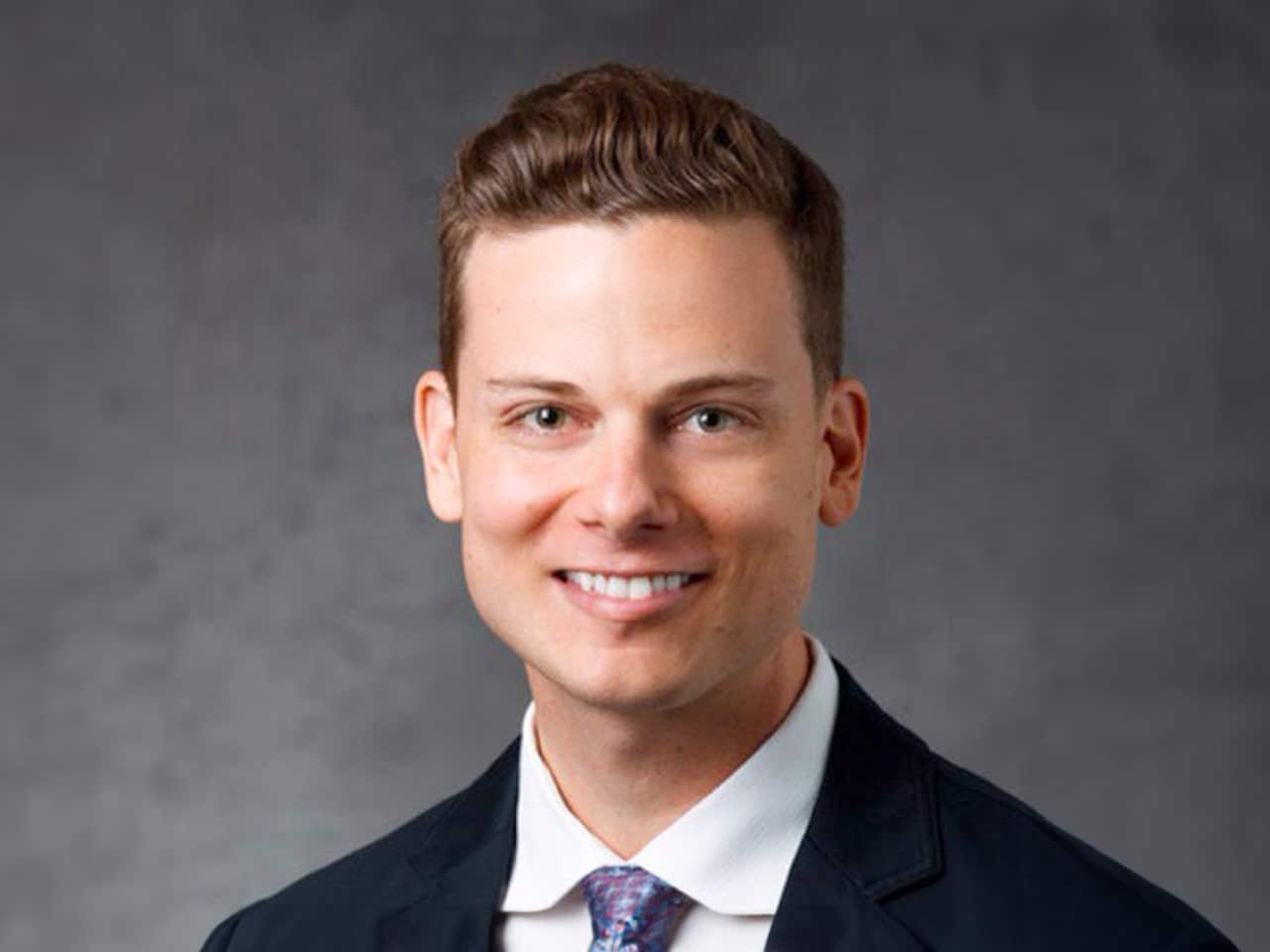Bill Brendel, CEO Center for Ethical Organizations

As the CEO of the Center for Ethical Organizations, Bill has a weighty responsibility on his shoulders. Corporate leaders turn to him and his team for best practices in navigating the dicey path of issues in today’s business environment. Bill is also an entrepreneur and Founder of VirtuCase – an award winning, revolutionary tool for teaching and training. How he manages to lead and foster both of these initiatives with a spirit of unbound energy, brilliance and optimism made Scouts Talent curious to learn more…
If you could try a different job for a day, what would you choose?
I’d love to try my hand at being a deep-sea fishing guide at a vacation hotspot. It would be refreshing to hear stories from people who have decided to escape for a while. Helping people hook into the unknown and getting my hands dirty, feeling the salty air and sun on my face…that would be a day well spent!
What advice would you give someone starting out in your industry?
Whatever paradigm your organization operates from, ask basic questions. In fact, ask questions that are so ridiculously basic that it causes pause: What are we trying to do? What if…? Any form of thought experiment that breaks your strategy down into its elements will do. Be patient with people who believe they already have it figured out, including you. There’s always room for innovation, particularly in the world of leadership development and organizational ethics. If you take an honest look at how well ethics programs are working, we must ask ourselves – why is it that when we watch the news there is always another form of corruption replacing yesterday’s scandal? If we pulled each of these stories out by the root, what would we find?
What is your mantra?
“Be like water.” I’m quoting Bruce Lee. It’s a mantra I’ve adopted from the context of Lee’s greater quote: “Don’t get set into one form, adapt it and build your own, and let it grow, be like water. Empty your mind; be formless, shapeless — like water. Now you put water in a cup, it becomes the cup; you put water into a bottle it becomes the bottle; you put it in a teapot it becomes the teapot. Now water can flow, or it can crash. Be water, my friend.”
How do you get yourself out of a slump?
Mindfulness practice (meditation) allows me to stop identifying with the slump I’m in. For instance, rather than saying “I am sad” I can take a step back by dropping in on the present moment and say, “I have sadness.” I can watch the sadness come and go as separate from my self, like a lotus petal floating down a stream. A slump has its own beauty because it is an expression of life. Go on and have a slump!
As CEO at the Center for Ethical Organizations you must see a wide range of issues that burden business leaders. What would you say are the most common ethical challenges in today’s business world?
Ask any employee what the word “Ethics” means and nine times out of ten they will say, “doing the right thing.” The biggest challenge businesses face today is not the ethical dilemma itself, but rather the dualistic (either/or) thinking that leaders bring to bear. Dilemmas that plague organizations today are notoriously ambiguous and complex, with no experts to ask, books to reference, or Google searches that yield helpful answers. Successful leaders learn to greet uncertainty with open arms, and routinely practice critical reflection and dialogue with a colleague, which entails a patient and compassionate space for challenging personal assumptions, values, and social impact.
What companies or leaders do you admire?
I’m drawn to innovators with heart. Elon Musk comes to mind. I read an article this month about the 11,000 electrical power projects Tesla is working on to provide power to the citizens of Puerto Rico, who are still suffering from the effects of a devastating hurricane. Even without pro bono work like this, Musk has tasked Tesla with pushing the boundaries of low-to-no footprint transportation, and SpaceX with building a self-sustaining city on Mars. The road hasn’t been perfect for Musk, but if you value behavior, Musk is undoubtedly a visionary who cares.
What has been the biggest shift you’ve noticed in business ethics in the last decade?
Businesses are beginning to realize that the way they approach ethics and compliance must move beyond individual rewards and punishments to include attention to the social system, particularly organizational culture. Culture – the shared, subconscious expectations that drive employee behavior – is stubborn. The application of social psychology and adult learning theory in a growing number of ethics circles is beginning to challenge the way businesses diagnose, develop interventions, and sustain ethical engagement.
Who has been most instrumental in your career?
It has been over 9 years since I earned my doctorate, and still my professors and former classmates at Columbia University have collectively helped and inspired me to excel. I owe a special debt of gratitude to professors Victoria Marsick and Lyle Yorks. I also owe gratitude to my mindfulness practice guru, Jon Kabat-Zinn.
What is your go-to celebration meal, drink or tradition?
I love a good Martini!
